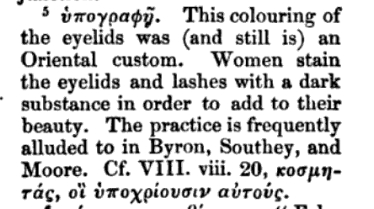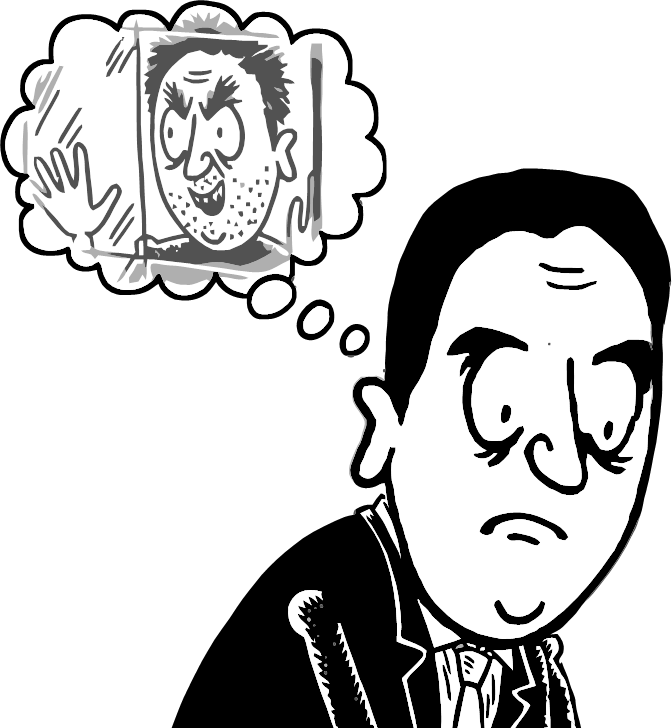- cross-posted to:
- [email protected]
- [email protected]
- cross-posted to:
- [email protected]
- [email protected]
cross-posted from: https://lemmy.world/post/21066079
this is super fucking common. theres so many cool people going back and re-translating “eunuchs” to be transgender people because they are described in the feminine and referred to themselves as women, it was a bunch of psycho english people that decided to call them eunuchs
 B-but that’s applying modern standards to historical and non-European societies! Everyone knows the Western transgender was invented by Magnus Hirschfeld in 1923!
B-but that’s applying modern standards to historical and non-European societies! Everyone knows the Western transgender was invented by Magnus Hirschfeld in 1923!uhh actually in 2014 by a tumblr user, thanks
i referred to myself as a eunuch before then

Actually eunuchs was invented at Bell Labs in 1969.
I wonder where else, and what time periods have this as the same (“eunuchs” in western or modern mistranslations/misrepresentation actually being trans people)? While there are also no doubt also cases of the term being accurate, it does make one wonder- and it’s somewhat heartwarming to think that there was such acceptance on some level, not that it’s so odd for pre-Christian (or even then, before trans identity started getting weaponized by the reactionary culture wars) cultures…
There’s eight genders in the Talmud
- Zachar, male.
- Nekevah, female.
- Androgynos, having both male and female characteristics.
- Tumtum, lacking sexual characteristics.
- Aylonit hamah, identified female at birth but later naturally developing male characteristics.
- Aylonit adam, identified female at birth but later developing male characteristics through human intervention.
- Saris hamah, identified male at birth but later naturally developing female characteristics.
- Saris adam, identified male at birth and later developing female characteristics through human intervention.
1-2 are what we’d call cis. 3, 4, 5 and 7 are different presentations of being intersex. 6 and 8 are what we’d call trans and also include eunuchs etc.
deleted by creator
Protestants and counter reformationists specifically in fact. The Catholic church was fairly tolerant of European gender non conformist such as the Feminilli before 1500
Talmud
androgynos
Can you expand on this? That’s greek after all right?
Probably a loan word at some point https://en.m.wikipedia.org/wiki/Androgynos
Huh the talmud is younger than I thought then
Yeah the Torah is the older one.
Loan words are fun, your language either lacks a word for a concept or it’s very obscure so you just grab one from a neighboring culture. English has loads of them from French
At this point english is to french as swiss is to german.
I’m almost finished reading it. So far, it’s the best translation of the Odyssey that I’ve ever read. The language is more accessible and modern and it flows and reads much more like a novel.
I minored in classic civ in college and have read 2 other versions of the Odyssey previously. She did a great job.
I’ve got a copy translated by E. V. Rieu from sometime between 1944-1964, so not so modern.
What do you think a classicist is
Somebody who discriminates against the classics, apparently.
I’ve got her copy too. It’s good and actually more truthful to the time period. She correctly identifies slaves as slaves, not as butlers or maids or any milder term Victorian era writers use. As well as not hiding SA stuff under euphemism (or calling female victims “prostitutes”). There’s a bit where Homer describes Penelope’s hand as “thick” which she translates as “muscular” because a woman who has been weaving for years would have very strong muscular hands and arms.
Here’s her essay talking about her translation:
The study guide SparkNotes describes these women as “disloyal women servants” who must be “executed,” while CliffsNotes calls them “maidservants” who were “disloyal,” and claims that their murder has a “macabre beauty.” In the poem’s original language, Telemachus refers to them only with hai, the feminine article—“those female people who . . . slept beside the suitors.” In my translation, I call them “these girls,” and hope to convey the scene in both its gruesome inhumanity and its pathos: “their heads all in a row, / were strung up with the noose around their necks / to make their death an agony. They gasped, / feet twitching for a while, but not for long.”
By the way, this is only a few dozen lines after Odysseus gives Eurycleia a civility lecture about how it’s a major faux pas to celebrate someone’s death. (In that case, the someones are all of the suitors, and he brings Eurycleia in to mop up the blood.)
This is also perhaps the best opportunity I’ll have to talk about how hilarious 19th century commentaries on Greek and Latin texts can be. In a commentary on Xenophon’s Cyropaedia, set in Persia during the childhood of Cyrus the Great, the Victorian commentator footnotes a mention of mascara to say that “In the East, women paint their eyes to this day.” My monocle fell into my soup when I heard that one.

Is this motherfucker just talking about eyeshadow and mascara?
Yes
He meant a man. I don’t know why he used all the other words.
I don’t know why he used all the other words.
PRESSURE OF WOKE
He was trying to not get cancelled by the woke mob (derogatory)
deleted by creator
Classics is a terribly named field
Interested to read the new translation though













